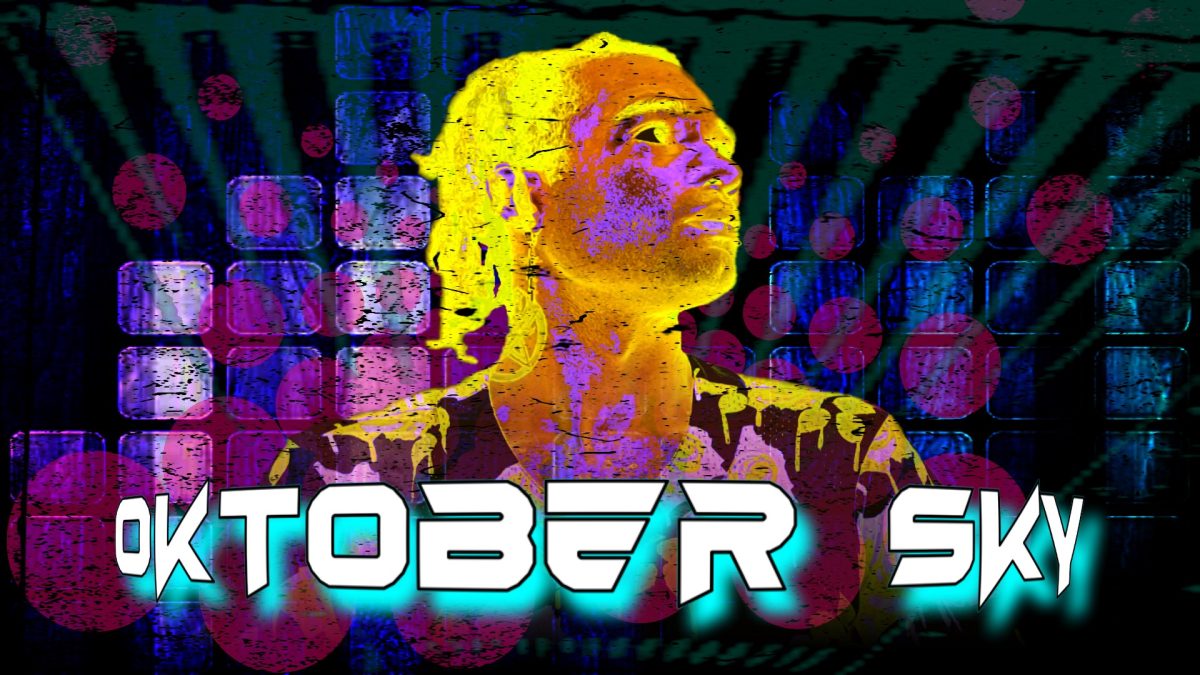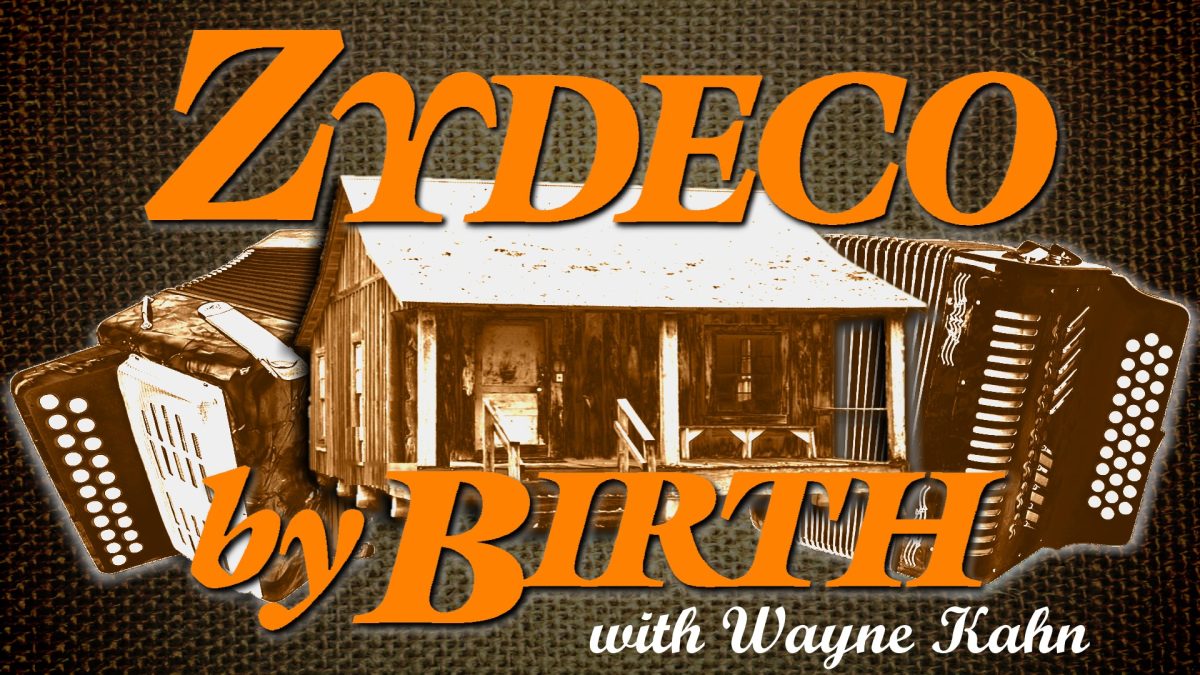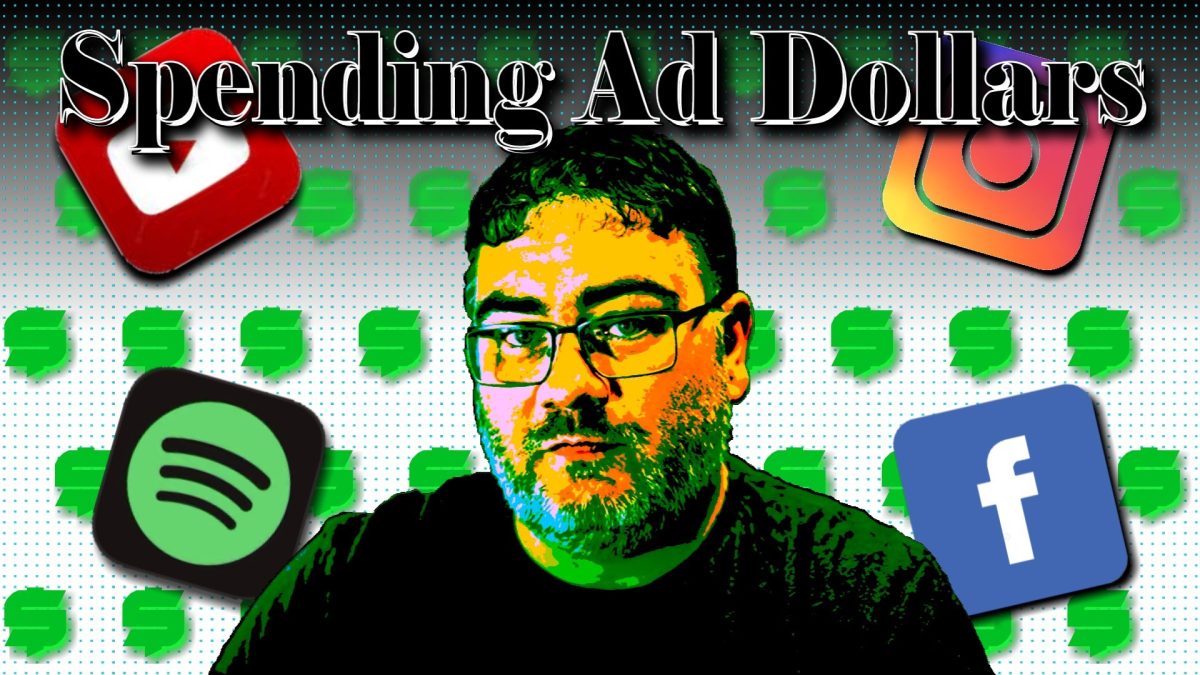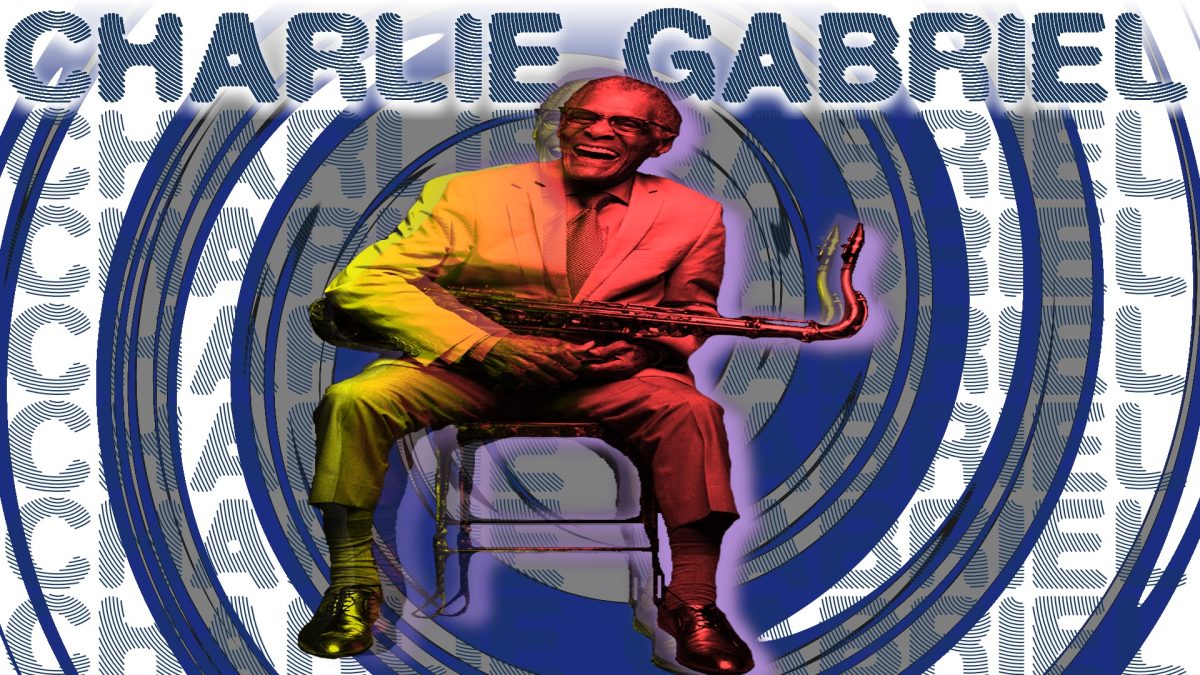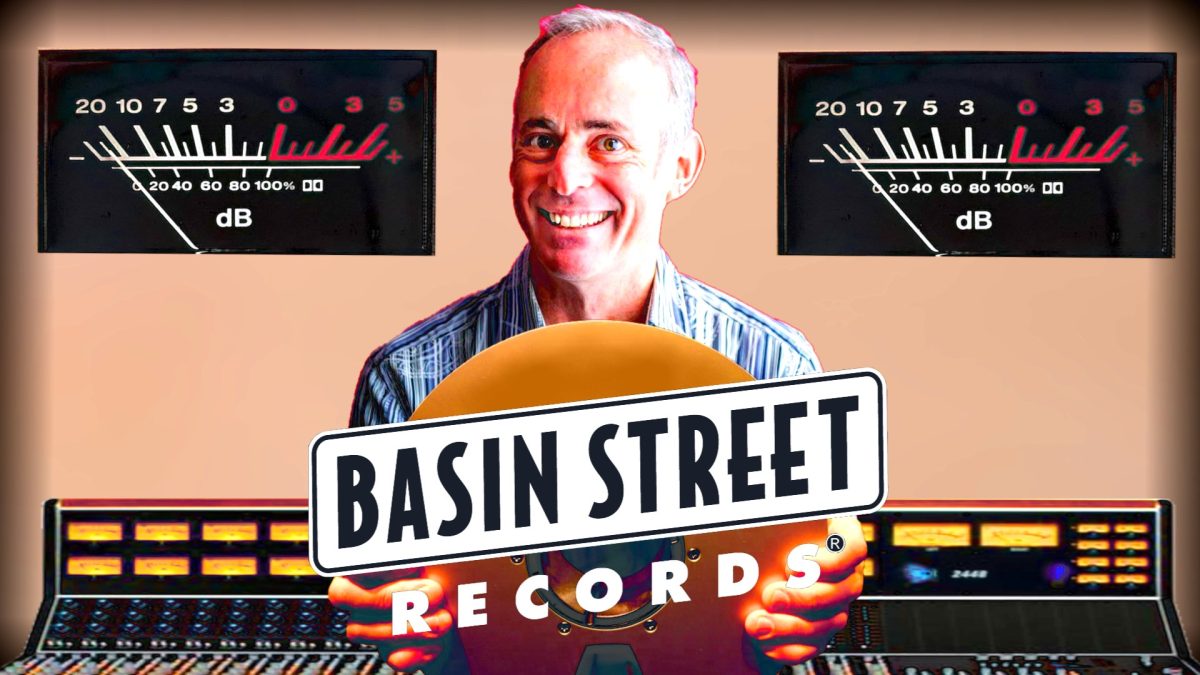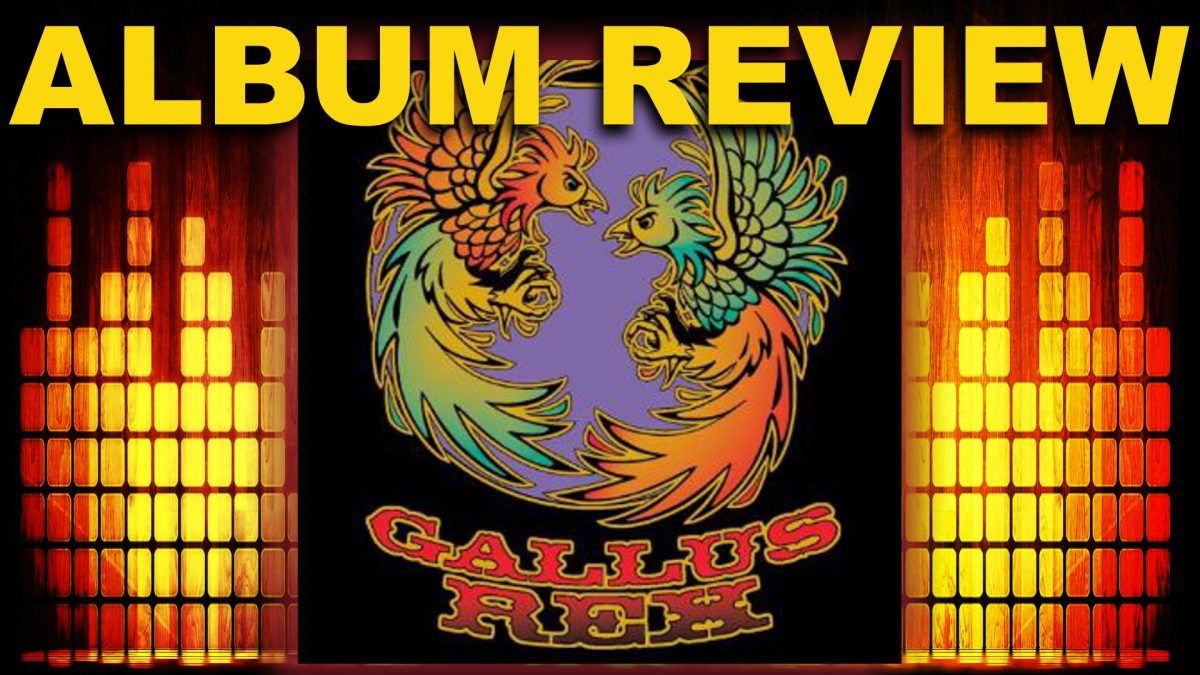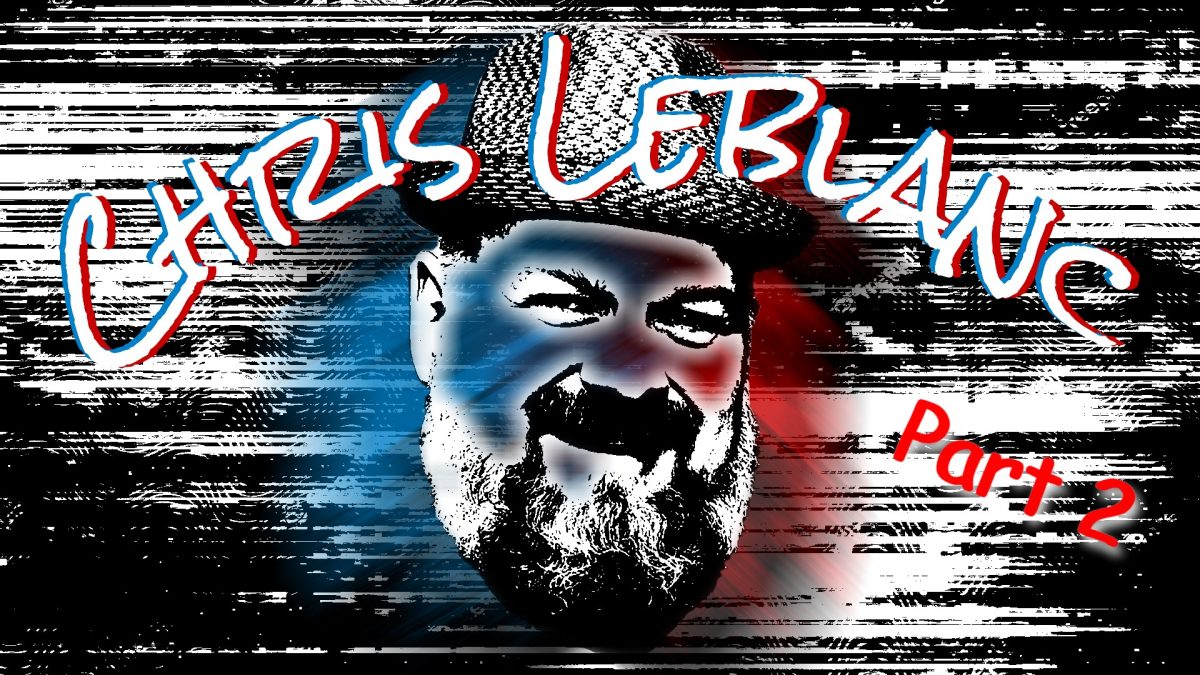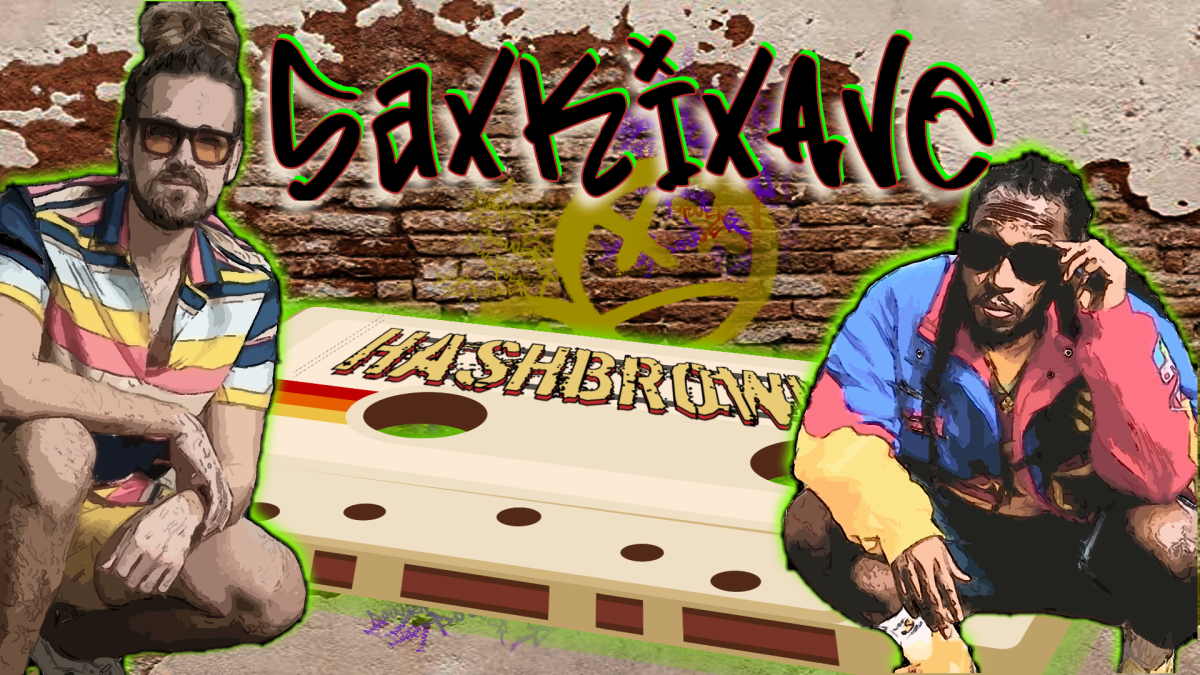Though his life started out in the city, Chris spent the majority of his childhood in the country-side of East Baton Rouge. At the age of ten, the view outside his window transformed from traffic ladened buildings to the serenity of grass and the trees. He was surrounded by friends, and recalls fondly those small-town ball fields, cutting up on dirt bikes and skateboards, and of course, the family gatherings. He was one of twenty-eight grand children in a family that was always together. Spending much time in his father’s rehearsal room, it was his family that started him in music. All his life, Chris’ father was playing bass and singing in a band. And his mother, sisters and uncles all either sang or played an instrument. So, it’s no wonder he found himself alongside others at functions performing for family and friends. This didn’t just acclimate him to being in front of spectators at an early age. As he recalled, it brought to him the idea that there was no “us and them” when it came to the performers and the crowd. A warm feeling came over them all as a young child played bass, belting out old Hank Williams tunes. In fourth grade, Chris was able to join his school band. Though he originally wanted to play alto sax, he opted for the trumpet after seeing his dad’s face wince at the price tag. He took an interest in the saxophone probably because it was the instrument never around at family gatherings. And although he will say the trumpet, in particular, never spoke to him. He points out that music theory and the communication of music on paper was an invaluable gift bestowed upon him through the experience.
Chris’ head was constantly in music. Whether it was at school under the guidance of instructors or at home in his room, he would come home after reading sheet music and playing brass at school, slap on a record, and listen to it over and over again. With a bass in hand, he learned every single tune. He wasn’t just processing the notes. This was teaching him song arrangement as well. He was simultaneously immersed in music outside of these avenues. Back in 1976, he attended his first concert with family. Willie Nelson and Waylon Jennings were on the Redheaded Stranger Tour. He recalls it having such an impact on him. “The next show I go see, my uncle takes me to the superdome to go see the Rolling Stones in 1980. And there’s fucking 90,000 people there bra! And I’m like… the Rolling Stones! I’m a kid! I’m eleven years old! I’m probably the youngest kid in the place. And I’m watching the Rolling Stones! I’m like, I’m gonna play rock and roll for the rest of my life! I am going to play music for the rest of my life. I don’t care what it takes.” For the most part, Chris had been in a bubble of sorts up until this point. He knew what it was to play in intimate familial settings. And he had the benefit of symphonic band, marching band, and jazz band through school. But these instances were more or less in traditional genres from older generations. He had now witnessed firsthand the awesome power of a global rock band in an energized stadium. And this occurred during his foray into the multi-genre pop explosion that swept the 80’s. There was blood in the water. And he would constantly look for more. Bob Marley, The Police, The Clash, Duran Duran, Lynyrd Skynyrd; the list went on and on. Previously embracing this sonic world as a student, he found all of this easy to dissect. The discipline of music had finally connected with his passion, all of the pieces fitting together.
High school really opened up his mind. Under a strong band director, Wayne Frazier, he was able to learn and grow enormously. What’s funny is that he approached high school band with the mindset that he would be able to put down the trumpet, play bass in the high school jazz band, and not let on to the director that he could or wanted to play anything else. But Mr. Frazier having other things in mind explained, “I’ve already heard about you. I know who you are. I know you play trumpet. And you’re gonna play trumpet in marching and symphonic. If you wanna play bass in jazz band, you’re going to play in marching and symphonic.” While this may have stopped any other 13-year-old in their tracks, Chris went along with the plan. As a result, he was able to learn coordinated shows in marching band as well as the complexities of symphonic band. Throughout high school, he was completely steeped in music and growing as a musician at an incredible rate. At fourteen, he was playing in his father’s band with grown men. They would hand him the work tape, and before you knew it, he had learned forty songs on his bass. I laughed out loud during the interview when his eyes widened describing the first few times he was handed hundreds of dollars after a gig. By the time he ended his junior year, he had become the drum major of a 200-person marching band and would go on to drum major camp. It was evident in our talks just how much all of this meant to Chris. Not the title, not even the curriculum per se, but the much-needed discipline and the boundaries instilled in him as a musician taught Chris how to focus. On the Monday following a weekend marching band performance, the band would watch tape. This was a revelatory time in his life, one that also further solidified the concept of “there is no us and them”. Because it drew the connection between the band and the crowd. That tape would show everyone, all at once, performing as ants to build the mound. Thus, illustrating to Chris how his and so many others’ parts were perceived. And this, to Chris, was beautiful.
High school ended and he received the Marine Corps Semper Fidelis Musical Excellence Award, recognizing Chris for his musical achievements and leadership, as well as being a role model for other students. It was surprise for me to learn that he didn’t join Tiger Band when he attended LSU that fall. But as he pointed out, at that time in his life he had been in 25-plus bands outside of school and in school, completely saturated in a structured band setting. With the absence of the lifestyle of a “student” of music, Chris was finally able to sit back and ask himself, ‘what is it that I want to do in music?’ He really wanted to front his own band for a change. But he felt as though in order to do that properly he would have to play guitar. Drums, bass, trumpet, and a mic all had passed through his hands. He could strum an acoustic sometimes. But the guitar wasn’t in his hands enough to feel familiar. Back when it was time for him to get his first instrument, he chose brass because it was missing from his eyes and ears. And now, he focused on guitar. Because it too had been missing. There was also this element of exploration that hadn’t played a substantial role in his life. For all the times he found himself with an instrument, there was an agenda. There was sheet music to read. There was a work tape to learn. There were song arrangements to be constructed and deconstructed. He wanted to experience the freeing sensation of exploratory, improvisational bliss. He had seen Jimi Hendrix “ride the wave”. And without lessening his grip, he longed for the euphoric deliverance he knew an instrument could provide given the right circumstances.
Chris invested time in people adept on the guitar. He would hang with them at their houses, often accompanying them on performances and open mic nights. All the while, trying to gain some semblance of this new path to sound. One day a buddy of his showed him the E Major scale laid out on a guitar neck. “And so, I started looking at this. And it was like… I broke the matrix! I really did. When you look at the guitar neck and it adds up longways and crossways. It’s like, I feel like I broke the matrix. And knowing that ok cool, I know where these positions are. And then, all of the sudden, it’s just repeating. It’s just a circle of never ending what you can get out of it. And then, that’s when my world opened up. I had this level of confidence that came over me. And I was like, I can do this.” Time flies by in hindsight, as you will find here. The steps Chris took and the people he surrounded himself with would culminate in the formation of his own band in 1991. People thought it odd that he named it simply, “The Chris Leblanc Band”. Noone does that they would say. But honestly, if you think about it, all the greats did. Jimi Hendrix, Santana, Van Halen, Janis Joplin, and Steve Miller all did it. Why couldn’t he? Getting gigs at places like Tipitina’s and Jimmy’s Music Club, and writing blues-rock tunes had him feeling like he had made it. He opened for bands like Sonny Landreth, Jeff Healy, Yellowman, and The Fabulous Thunderbirds. But not having an album always made him feel a little less-than.
Being in the land of no internet under a band name that was just as unknown as any other, having an album was crucial. The concept of branding wasn’t an idea at the forefront of many, if any, independent bands back then. Gigging as much as possible and networking to get those gigs set the bar. “I’ve got no record. We’re out playing. Things are happening. I’ve got these songs and they’re just floating out in fucking space ‘cuz there’s no record. This buddy of ours, Riley Ethridge, and I say buddy. I didn’t know the dude from nobody. He comes and sees us play in a club in Baton Rouge. And he’s like, you’ve got it. I’ve got a studio behind my house. And he goes, I want you to come… I’m offering to you, you come record in my studio and you don’t have to pay me anything up front. You just come and we’ll track your hours. And you need a record. I mean can you imagine? I’ve got nothing! There’s no internet. There’s no computer in somebody’s house. There’s no digital audio workstation, or protools in their house. The only thing people had was a Tascam four-track multi-cassette recorder. And I didn’t have that because my ass was broke. I was driving around in a 1974 Econoline Ford van.” I brought up the idea that at that time, this didn’t constitute a desperate time. Because it WAS the time. People today think one needs all these things to make anything happen. And it just isn’t so. In my eyes, people today don’t realize that a land existed before the internet. And that land is chock-full of success stories. Before this experience with the guy’s home studio, he had never been inside one. But now he’s finally there. He was getting guidance from an engineer friend, Wendell Tilley, focusing for as many takes as it required. Somehow, he would score the opportunity to get his album mastered by Bernie Grundman. Billy Joel and Whitney Houston were just a glimpse into the credits under this man’s belt. This was a godsend for Chris, because at this moment he was nine tunes into eight-thousand dollars in debt. He explained, “Back then I knew, if I wanted to have any kind of legitimacy to what I was gonna do, my record was gonna fall between Lenny Kravitz and Led Zeppelin on the rack at the record store. And it better fucking sound pretty fucking good!” He would follow this turn of events with even greater strides. He booked a night at the Varsity Theater in Baton Rouge to mark the release of his debut album, titled The Chris Leblanc Band, and it sold out. He showed up with 1,000 CDs and sold over 450 CDs in one night, giving him the ability to pay off his record. Bursting with pride, he finally felt as though he was a success. He recalled a time when he played at House of Blues back when they first opened up. They wanted a piece of his CD sales for the night. But this was his baby. Without giving in, and much to the chagrin of the club and some of its performers there, he simply gave away CDs that night.
In 1998 after years of gigging, selling CDs and T-shirts, and saving money, he was able to record a second album. One that would be in the same blues/ rock vein, but with more pop sensibility. His sophomore effort would be titled The Chris Leblanc Band: Talent Show. This time, his engineer friend Wendell Tilley had his own studio, one with a great big cutting room. And Bernie Grundman would master his work. The record release party for this record would sell out as well. And at that performance, a rep from RCA would meet Chris and offer to fly him and his band out to Los Angeles to showcase for the company. Things were looking up. And to be honest, they had been even before that moment. During his come-uppance, he had bought a house, he had bought cars, and he had built a home studio. And with a growing comfort in a studio setting came studio gigs. He would record on other musicians’ albums and even do voice-over work for commercials. The courting process between him and RCA seemed like the next logical step. But as that was happening, Chris found out he was going to be a father. It caused him to really take stock in the prospect of this record deal. RCA was ready to sign him after that showcase. A move to Los Angeles would be in order directly. But to himself, he felt as though things were going great as they were. The guarantee of the present felt more secure than RCA’s promise of his future. And ultimately, he opted to decline their offer. Fatherhood would now take center-stage. And the trappings of even a studio regiment would have to wait. But this would not be the end of Chris Leblanc as a musician. Still gigging, and after some time in his new position as a father, Chris would realize his next accomplishment. By this time technology had raced forward. Laptops and Protools meant that studio settings were smaller and most importantly, mobile. His appeal as a performing musician had not waned in the eyes of his fans and friends. And many would hint at the idea of his next album being just that, a stripped-down performance record. He never stopped writing during the pregnancy and following the birth. So, he had some songs to offer. This all would culminate in a proposition from a friend that involved a local chapel, Chris’ recorded songs, and his presence being captured in the most intimate way possible. I spent much time writing and rewriting this. Partly because, in reading back over what I wrote, it felt drab, and less-than. After several attempts, and much thought, I realized why. Several hours over the course of two days were expended talking with Chris and getting to know who he is. And I believe it was hard to capture here because he’s a simple man. He’s simple yet incredible. He has such an immeasurable depth of feeling and he has gone through a lot. Yet he always seemed to put his best foot forward. I think this is what it takes to be a great musician; an intensive sense of emotion, an intuitive good will, and raw talent. I hope to see you all back here in two weeks to read about the road Chris travelled following his child’s birth. At times, our discussion during the second installment parted ways with the tangible and aligned more closely with the ethereal. There was a lot of open honesty, at times even to the detriment of his own confidence. But Chris Leblanc was and is human in its truest form. I applaud him for it. And I know you will too.
Author: David Trahan
Neworleansmusicians.com

